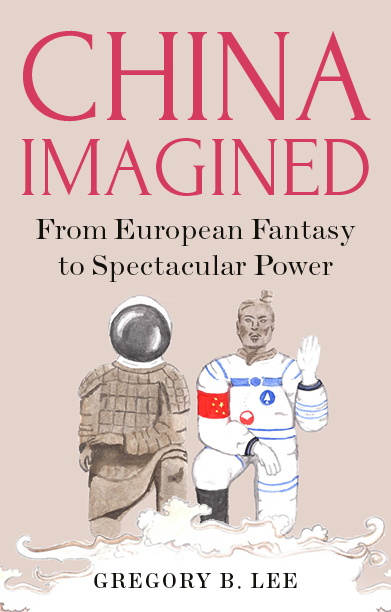Icons of Dissent
The Global Resonance of Che, Marley, Tupac, and Bin Laden
Through the medium of iconic figures, Prestholdt traces the development of shared global imagery, highlighting the mutability of common references and the commodification of political sentiment since the 1960s
Description
The global icon is an omnipresent but poorly understood element of mass culture. This book asks why audiences around the world have embraced particular iconic figures, how perceptions of these figures have changed, and what this tells us about transnational relations since the Cold War era. Prestholdt addresses these questions by examining one type of icon: the anti-establishment figure. As symbols that represent sentiments, ideals, or something else recognizable to a wide audience, icons of dissent have been integrated into diverse political and consumer cultures, and global audiences have reinterpreted them over time.
To illustrate these points the book examines four of the most evocative and controversial figures of the past fifty years: Che Guevara, Bob Marley, Tupac Shakur, and Osama bin Laden. Each has embodied a convergence of dissent, cultural politics, and consumerism, yet popular perceptions of each reveal the dissonance between shared, global references and locally contingent interpretations. By examining four very different figures, Icons of Dissent offers new insights into global symbolic idioms, the mutability of common references, and the commodification of political sentiment in the contemporary world.
Reviews
‘Prestholdt has tackled a daunting topic, and has done so with remarkable success. Icons of Dissent is a searching analysis of the impact and influence of international icons and a worthy read for scholars. Prestholdt’s work should stimulate much more scholarship on the internationalization of icons.’ — Choice
‘A thoroughly engaging discourse on transnational factors and historical exigencies that define icons and the universal appreciation of the message they represent.’ — The Muslim World Book Review
‘This lucidly written book combines perspectives from several disciplines and links the analysis of markets and commerce to that of branding and political dreams. Impressive and clear, it will be of great interest to scholars of anthropology, sociology and consumer studies.’ — Arjun Appadurai, Paulette Goddard Professor of Media, Culture, and Communication, NYU
‘In this extraordinarily well-written and luminously crafted book, Prestholdt makes a powerful case for why four diverse icons became emblematic of worldwide popular dissent. This book is “crucially crucial” reading for anyone who wishes to understand the twentieth century.’ — Selwyn R. Cudjoe, Professor of Africana Studies, Wellesley College and author of The Slave Master of Trinidad
‘With an acute grasp of art, history, political science, and the essence of human struggle, Prestholdt adeptly explains how the iconic representations of certain personalities capture people’s imagination to transcend, and often contradict, their flesh-and-blood lives.’ — Michael Casey, author of Che’s Afterlife: The Legacy of an Image
Author(s)
Jeremy Prestholdt is Professor of History at the University of California, San Diego and author of Domesticating the World: African Consumerism and the Genealogies of Globalization.





